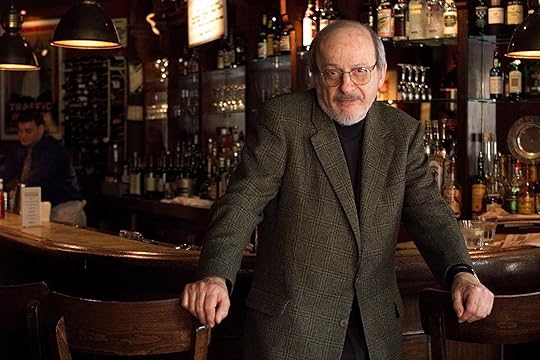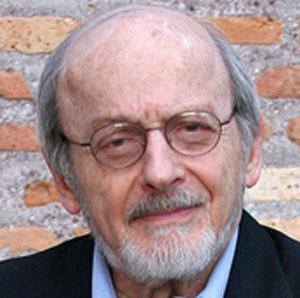What do you think?
Rate this book


160 pages, Paperback
First published October 12, 1984

I can begin lessons in the Alexander technique, a proven method for attaining awareness, physical reeducation & postural alignment, take part in Bach Flower Remedies, look in at the Breathing Center, stop awhile at the Center for Jewish Meditation & Healing, sign up for some t'ai chi exercises in flowing motion for vitality & health or submit myself to some deep-tissue manipulation by a qualified Rolfer.There is boredom & pervasive ennui aplenty, even in this mecca of cultural & myriad other pursuits, perhaps the result of a midlife crisis when one is "neither married nor divorced but no longer together, a time when friends encounter coronaries, embolisms, aneurysms & cancerous devastations."
Beyond those possibilities, the Gurdjieff discussion group might come in handy & I could take a whack at some Functional Integration with the Feldenkrais Method, or the Vedanta Society, or perhaps drop in to the local Tranquility Tank to float in a body-temperature solution free of gravity.

Angel, an Irish-Catholic married to a New York Jew; Mariko, a Japanese Catholic married to Mattingly, a Western animist; Moira, an Irish Protestant, who is entangled with Brad, a Presbyterian columnist.There is some witty commentary within this latter-day Prufrockian disenchantment with life, as when the the narrator declares, "Where I'm going is down the mailbox to see if I've heard from the Dark Lady of my sonnets", this in a time prior to the Internet with its limitless distractions. We are also told that "between the artist & simple dereliction, there is a very thin line."
There's also Nick, a Greek Orthodox from Phily, who is married to Jeanie, a Methodist producer from Asheville. Rachel, a Hungarian refugee is tormented by Ralph, an Ashkenazi from Brooklyn. And Llewellyn, a Buddhist Welshman, who is in retreat from Anne, a Quaker from Swarthmore.
